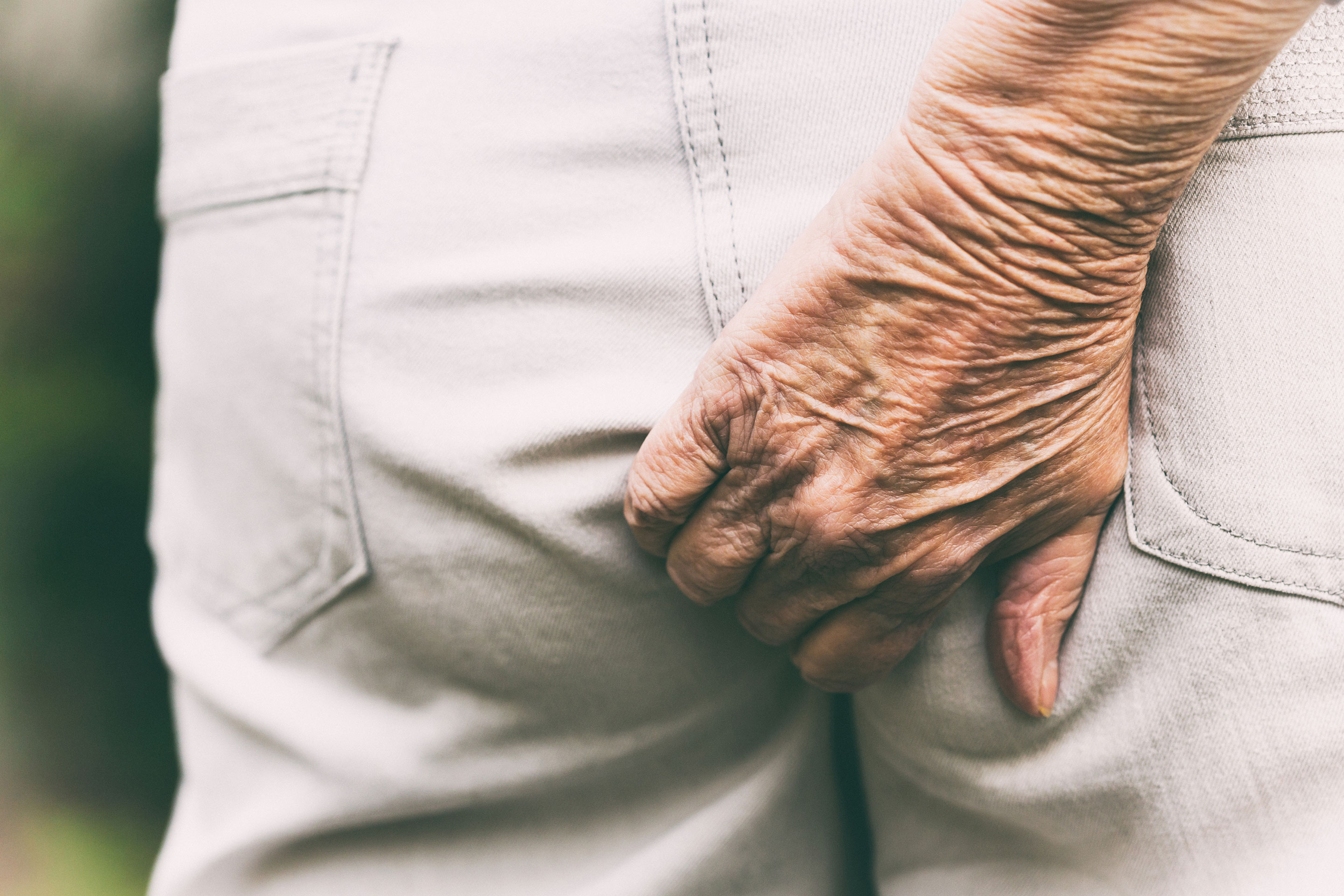Haemorrhoids, also known as piles, are swollen veins in the lowest part of your rectum and anus. They’re similar to varicose veins and are a common condition.
Haemorrhoids can develop inside the rectum (internal haemorrhoids) or under the skin around the anus (external haemorrhoids).

Symptoms of haemorrhoids depend on the type and severity but may include:
A doctor can often diagnose haemorrhoids based on a physical examination. Visual inspection of the anus and surrounding area may diagnose external or prolapsed haemorrhoids. A rectal exam may be performed to detect possible rectal tumours, polyps, an enlarged prostate, or abscesses. To confirm the diagnosis of internal haemorrhoids, a doctor may perform an anoscopy, sigmoidoscopy, or colonoscopy.
Conservative Treatments:
For mild cases of haemorrhoids, several measures can be taken at home:
Minimally Invasive Treatment Options:
If conservative treatments do not help or if haemorrhoids are particularly large, one of the following outpatient or in-office procedures may be considered:
Surgical Treatment Options:
For severe cases or those that do not respond to other treatments, surgery may be necessary:
Recovery time varies depending on the treatment. Simple dietary changes can provide relief within a few days, and most symptoms of mild haemorrhoids resolve without treatment. Surgical treatments can take a few weeks for full recovery, and pain management may be necessary. Following a high-fibre diet and taking sitz baths can help with the recovery process.
Most people get relief from haemorrhoids using home treatments and lifestyle changes. For persistent or severe cases, more advanced treatments and surgery can be effective. It is also important to note that while haemorrhoids are not life-threatening and often clear up on their own, any rectal bleeding should be evaluated by a doctor to rule out more serious conditions.

Dr Kaushal offers 15+ years of experience and holds a Master of Surgery Degree, as well as being fully certified in gastroscopy and colonoscopy by the Gastroenterology Society of Australia (GESA).
Dr Kaushal takes an empathetic, warm-hearted and friendly approach to patient care and is completely dedicated to patient outcomes.
He consults and operates across Souther-Western Sydney.